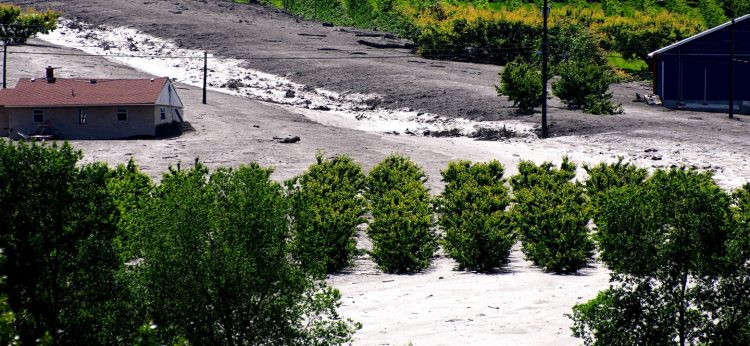
Damming the information flow: BC government officials button lipped on potentially dangerous dams
by Ben Parfitt | March 29, 2018
Early last spring, provincial civil servants cut off virtually all communication about what the government knew about a sprawling network of potentially dangerous and unregulated dams in northeast BC on the pretext they could not comment because of the impending election. The coordinated effort meant there was virtually no comment until months after voting day …
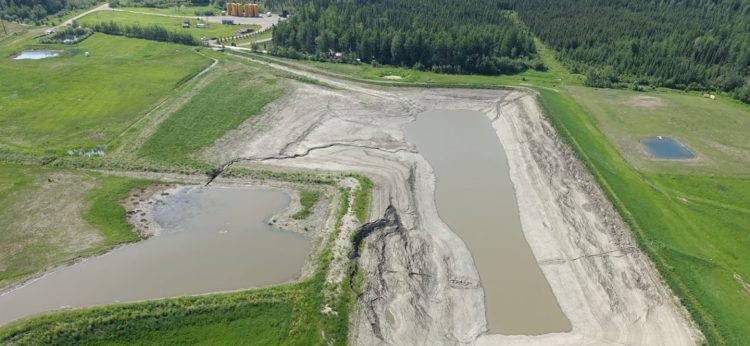
Easy Water: Time bombs, fracking dams and the rush for H2O on private farmlands
by Ben Parfitt | March 29, 2018
The number of unlicensed and potentially dangerous dams built in recent years in northeast British Columbia is nearly double what has been reported, according to one of the province’s top water officials. At least 92 unauthorized dams have been built in the region where natural gas industry fracking operations consume more water than just about …
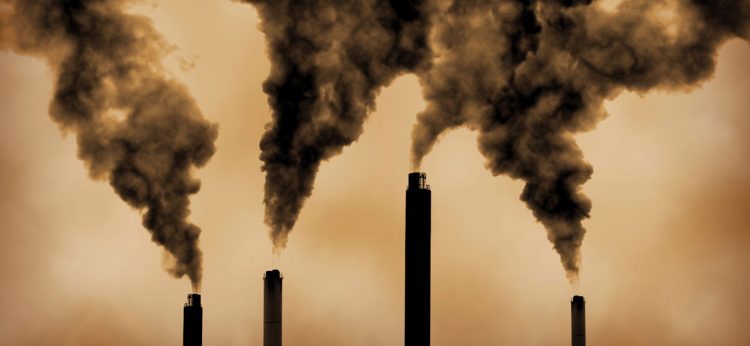
Western Canada needs real climate action, not disingenuous arguments
by Marc Lee | February 26, 2018
In Western Canada’s slow lurch towards sane climate and energy policy, two prominent arguments have been advanced for the continuation of business-as-usual for the fossil fuel industry in BC and Alberta. Both are interesting because they invoke the need for climate action to justify the further growth of fossil fuel production. The first argument comes …
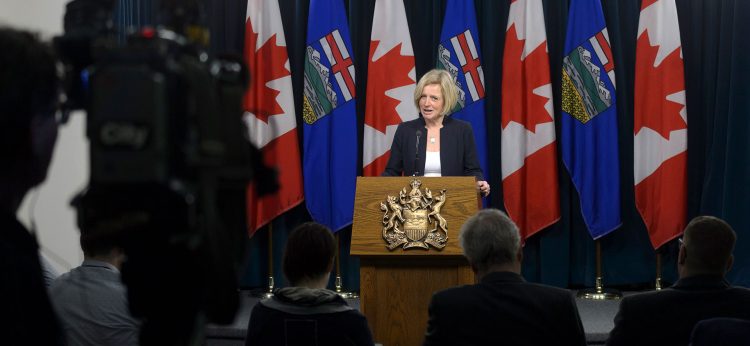
Let’s share actual facts about the Trans Mountain pipeline
by Ricardo Acuña | February 14, 2018
At the core of the current battle between the governments of Alberta and British Columbia is the assertion by Premier Notley and Prime Minister Trudeau that the economic benefits of the Trans Mountain Expansion Project are sufficient to justify the increased risk of environmentally disastrous spills on the BC coastline and the additional contribution to …
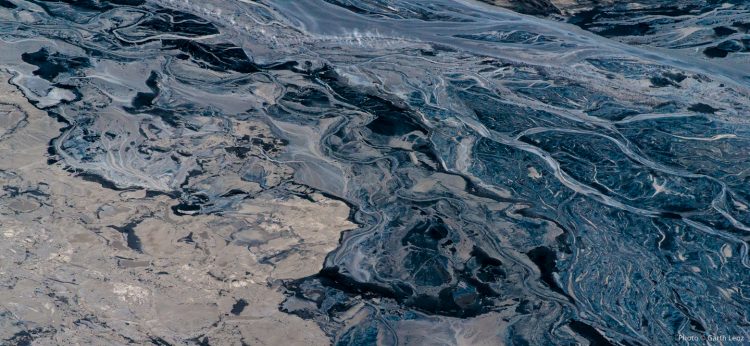
Revealed: Trudeau government welcomed oil lobby help for US pipeline push
by Martin Lukacs | February 9, 2018
The Trudeau government treated Donald Trump’s election as “positive news” for Canada’s energy industry and welcomed the help of Canada’s main corporate oil group in lobbying the US administration, documents show. Meetings conducted by senior government officials with TransCanada and the Canadian Association of Petroleum Producers (CAPP) reveal an one-sided approach more reminiscent of former …
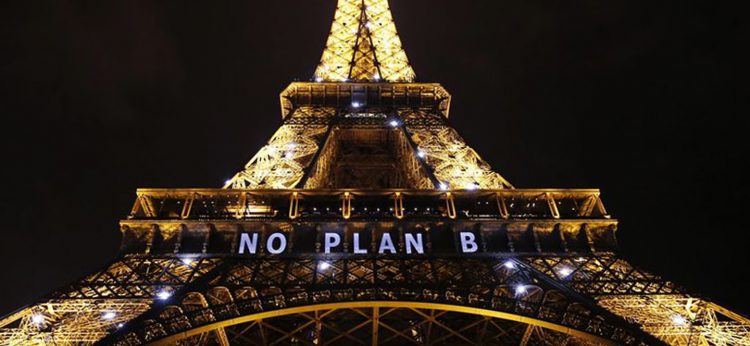
What the Paris Agreement Means for Alberta’s Oil Sands Majors
by Ian Hussey & David Janzen | January 31, 2018
This report evaluates what the Paris Agreement on climate change means for the “Big Five” oil sands producers—Canadian Natural Resources Limited (CNRL), Suncor Energy, Cenovus Energy, Imperial Oil, and Husky Energy—by estimating the social cost of carbon (SCC) of the oil and gas reserves of these firms and by assessing the emissions-reduction disclosures and targets, …
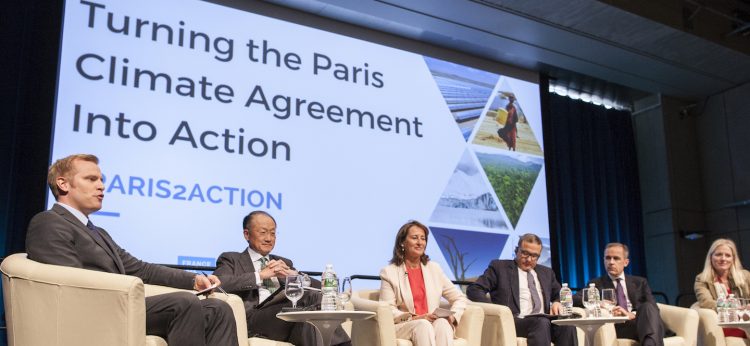
Canada is still a rogue state on climate change
by Marc Lee | December 11, 2017
It has now been two years since world leaders created the Paris Agreement on Climate Change. At those meetings, the Canadian delegation joined a broad coalition aiming to keep “the increase in the global average temperature to well below 2°C above pre-industrial levels and to pursue efforts to limit the temperature increase to 1.5°C above …
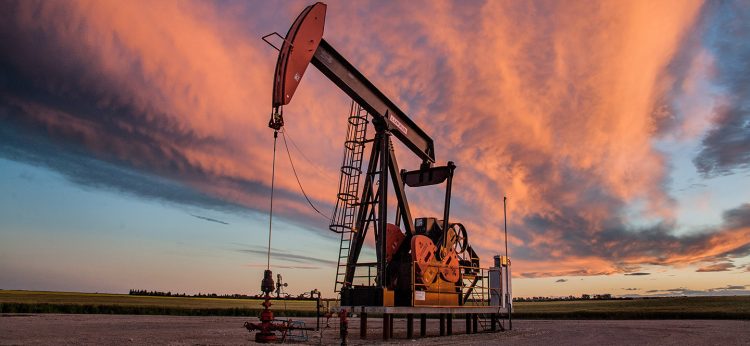
The Redwater legal case: The Supreme Court battle we should all be paying attention to
by Emma Jackson | November 8, 2017
A critical court case that pits the interests of creditors against the environment has largely fallen outside the public’s radar since it first began in late 2015. Following a May 2016 ruling in favour of the company’s creditors, the legal battle surrounding Redwater Energy Corporation is now likely to advance to Canada’s Supreme Court, bringing with it …
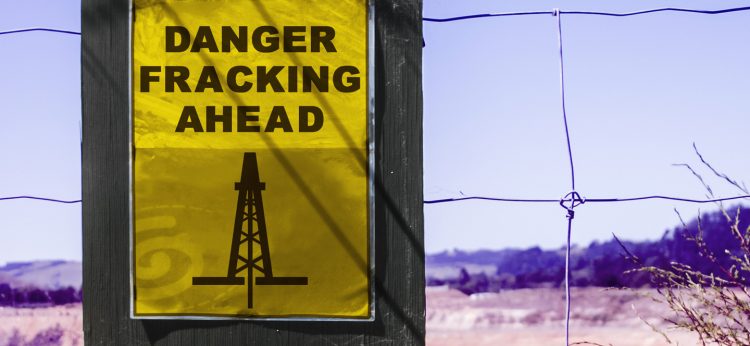
Public inquiry needed to properly investigate deep social and environmental harms of fracking, coalition says
by Shannon Daub | November 6, 2017
VANCOUVER – A promised “review” of natural gas industry fracking operations should be broadened to a full Public Inquiry that examines all aspects of the dangerous gas extraction technique, says a coalition of community, First Nation and environmental organizations. The call on the new BC government is to broaden a promise first made by the …

University of Victoria seeks to profit from climate change deniers: The Exxon Connection
by James Rowe, Claire O’Manique, Emi Belliveau and Malkolm Boothroyd | November 3, 2017
The school year is now well under way. For many new students starting at the University of Victoria, the university’s stated commitments to sustainability were likely attractive, especially for BC residents whose summers were haunted by relentless wildfires. Given the needed move towards low-carbon economies it makes excellent sense for students to select universities that …
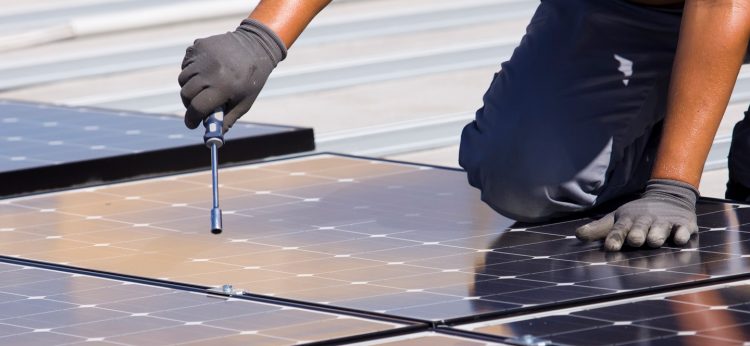
BC First Nations are poised to lead the renewable energy transition
by Karena Shaw, Dana Cook, Eryn Fitzgerald and Judith (Kekinusuqs) Sayers | October 12, 2017
These are exciting times in British Columbia for those interested in building sustainable, just and climate-friendly energy systems. The recent change in government could mean a shift away from a corporate agenda driven by the needs of a massively energy-intensive fracking and LNG industry towards one that prioritizes action on climate change, First Nations’ self-determination …
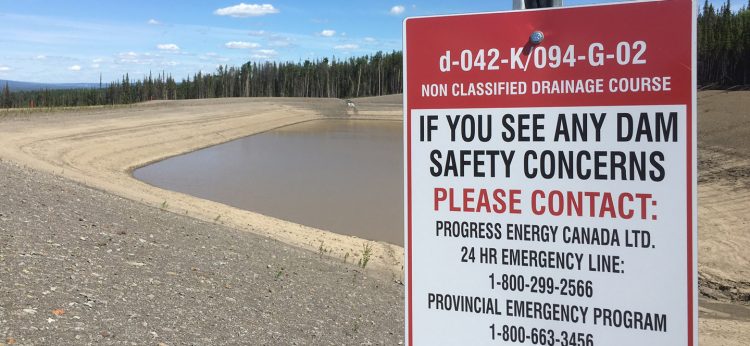
An environmental mess: BC government needs to bring gas industry and regulator under tighter control
by Grand Chief Stewart Phillip and Ben Parfitt | October 11, 2017
Few environmental messes inherited by the new BC government rival the unregulated free-for-all that has unfolded in the province’s northeast where companies that frack for natural gas have built nearly 60 unlicensed dams. Not only do some of those dams show distressing signs of failing, but the companies that built them—and the government agencies that …











